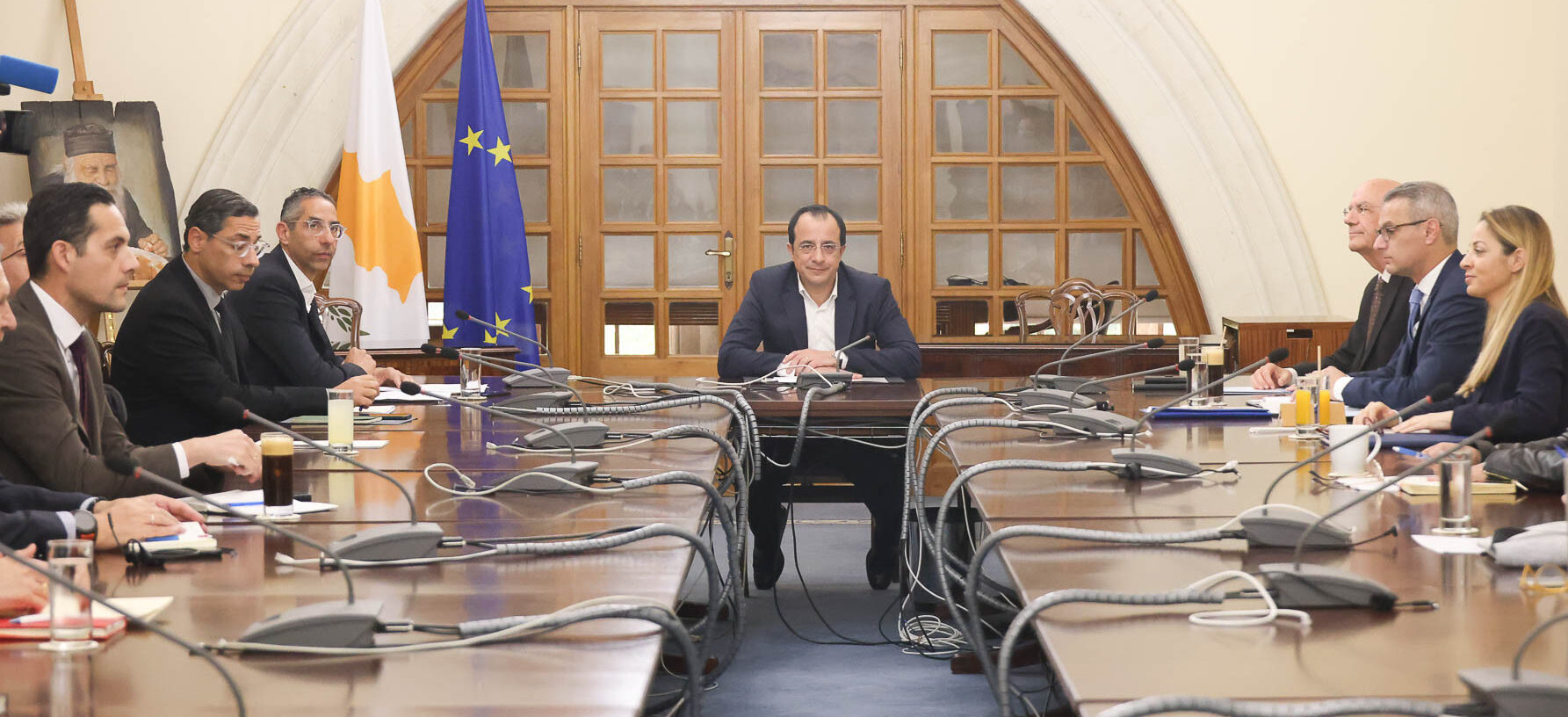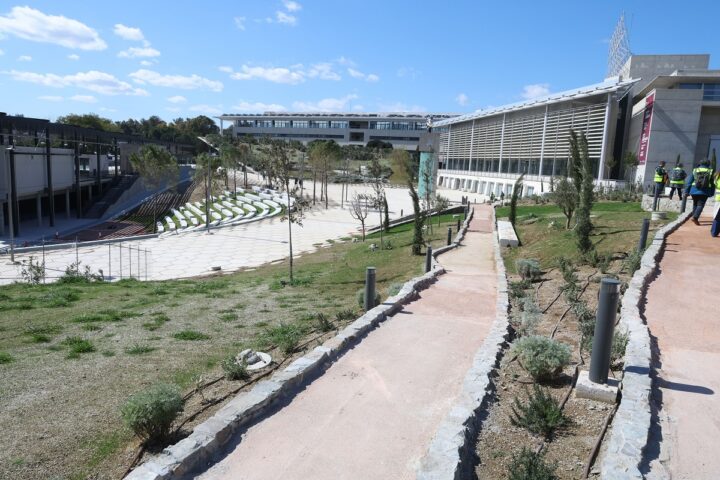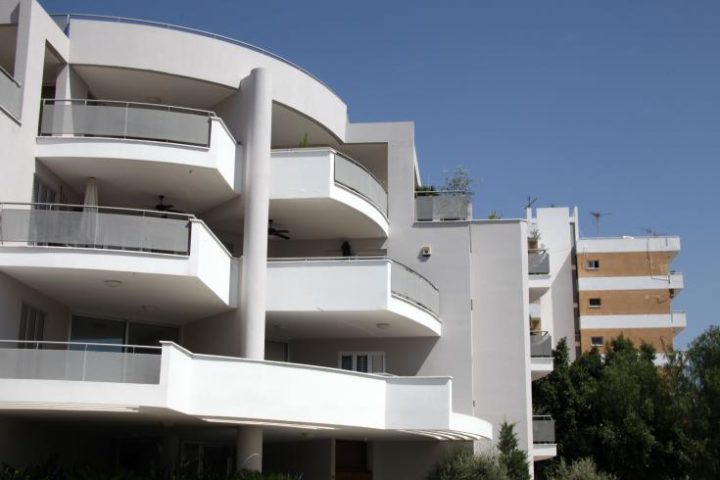Nicosia is preparing a road map to protect the country’s international reputation, following US and UK sanctions on Cypriot financiers accused of helping Russian oligarchs hide their assets after the Ukraine war.
During a meeting on Wednesday, President Nikos Christodoulides asked the deputy attorney general, finance minister, justice minister, foreign minister, and Central Bank of Cyprus governor to table workable suggestions.
The sanctions imposed by the US and UK last week on Cypriot alleged ‘fixers’ have put the government in damage control mode.
Following the meeting, government spokesperson Konstantinos Letymbiotis told journalists: “The President of the Republic has requested that a road map be prepared with the effective actions that must be taken”.
“It’s a clear message that our country’s credibility must be preserved; no deviation from EU sanctions will be tolerated.
“It is with satisfaction that we were also informed about the position of the British High Commission, which welcomes the Republic’s cooperation on the matter”.
Letymbiotis said state services and competent Authorities, both at a technocratic and political level, have established communication channels with their counterparts in the UK and the US to evaluate data and pass it on to the island’s legal services for further action.
Central Bank governor Herodotou informed President Christodoulides that banking institutions had frozen the bank accounts of the individuals and legal entities on the sanction lists.
President Christodoulides has pledged Cyprus will not allow even a shadow of doubt to be cast against its reputation.
He stressed the government’s “clear political will” to investigate the matter.
Account closed
Russian nationals in Cyprus are facing bank account closures as financial institutions are choosing to axe client accounts to avoid sanction violation risks.
Cyprus has significantly reduced its exposure to Russia since a financial crisis in 2013 forced the island to seek an international bailout and triggered an extensive shake-up of its banking sector.
Bank of Cyprus, the island’s largest bank, said it had notified around 4,000 clients with Russian passports who were not EU residents that their accounts would be closed.
“This action follows the suspension of Russia’s membership by the Financial Action Task Force and the designation of Russia as a non-cooperative tax jurisdiction by the European Union,” the Bank of Cyprus said in a statement.
The bank said deposits held by the 4,000 clients accounted for less than 0.5% of total deposits.
Quoting the director of Main Partner Trust, Alyona Sakharova, Forbes said that the bank started sending notice letters last week.
Bank of Cyprus has notified a number of its Russian customers, including some that have been living on the island for some years, that their data does not meet the regulations of the “know your customer” procedure.
The reason for closing an account may be the existence of income from business activity in Russia subject to sanctions, such as dividends or salaries of employees of companies subject to sanctions who work by telecommuting.
Forbes said that problems with account closures are faced by Bank of Cyprus customers and those who are served at branches of Hellenic Bank and Alpha Bank.
Last week, Cypriot “financial fixers” were sanctioned by the UK and the USA for allegedly helping Russian oligarchs hide their assets following sanctions imposed on Moscow over Ukraine.
A total of 10 Cypriots and 13 foreign-born Cypriot nationals, “oligarch enablers,” have been sanctioned by the US and the UK.
The latest round of restrictions connected to the Ukraine war includes asset freezes and travel bans on Demetris Ioannides and his company and Christodoulos Vassiliades.
The UK government has accused the two Cypriots of knowingly assisting the billionaire Russian oligarchs Roman Abramovich and Alisher Usmanov in hiding their assets.
Former Chelsea FC owner Abramovich is seen as a pro-Kremlin oligarch, with the EU imposing sanctions on him for allegedly benefiting from close relations with Russian President Vladimir Putin.
According to the Guardian, leaked files show that 10 of Abramovich’s secretive offshore trusts were amended to transfer the beneficial ownership to his seven children in the weeks leading up to the invasion, raising questions about whether the changes were made to shield the oligarch’s vast fortune from the threat of asset freezes.
Documents suggest the sweeping reorganisation was executed by Demetris Ioannides and his Cyprus-based company, MeritServus HC Ltd.
UK officials have also focused on the complex financial holdings of Usmanov, a Russian metals magnate, and imposed sanctions on companies and associates linked to him.
This includes Christodoulos Vassiliades, a Cypriot lawyer, alleged to be “at the centre of a web of trusts and offshore companies” that link Usmanov to Sutton Place, a Tudor manor in Surrey.
Vassiliades has denied having any connection to the Russian oligarch that British authorities have connected him and his law firm.









